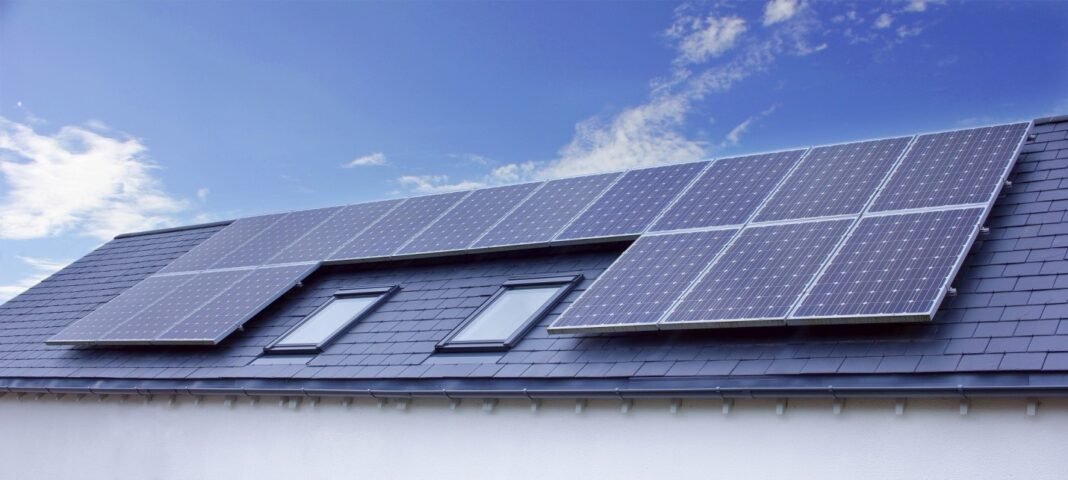Are you installing solar panels on your home? Solar panels are a great way to cut your energy bills while reducing your carbon footprint.
Solar panel science has come a long way and the cost of solar panels has fallen in recent years. But going solar is still a big investment. So how long do solar panels last? Is it long enough to make them a worthwhile investment?
Here’s a guide to solar panel lifespan and how you can make them last as long as possible.
How Long Do Solar Panels Last?
Standard solar panels last for 20-25 years, and most suppliers provide a warranty for the full period.
Solar panel efficiency slowly declines over time, as the rate at which they can convert sunlight into energy degrades with use. The exact number of years panels can last depends on the types of solar panels, the quality of the installation, weather conditions, and the way you maintain the system.
Solar panel science has developed in a way that most solar panels degrade at a rate of 0.5% every year so that after 25 years their maximum output is 87.5% of full capacity. The best solar panels have a degradation rate of 0.3%, so they still operate at 93.04% after 25 years.
Also Read:-
Off Campus Housing: Should you have a Roommate?
This means solar panels still work after 25 years, as long as there is no damage from extreme weather like ice, hail, and high temperatures, or from falling branches, as these can cause small cracks that affect performance.
Types of Solar Panels
There are several different types of solar panel technology that various companies produce, so check which type your supplier provides.
Monocrystalline silicon panels
These panels feature black solar cells made from single-crystal silicon wafers. They are the most popular among homeowners. They tend to have efficiency rates of around 26%, so they take up less space to produce the same amount of energy as polycrystalline panels, which typically makes them more expensive.
Polycrystalline silicon panels
Also known as multicrystalline panels, they contain cells with multiple single crystals that give them a blue appearance. Some homeowners consider them to be less attractive than monocrystalline panels. They are cheaper than other types of solar panels, but also less efficient with rates of around 15%.
Thin-film panels
These are flexible and lightweight panels that are often made from compounds of metal other than silicon. This can be cadmium telluride (CdTe) or copper indium gallium selenide (CIGS). Thin-film technologies were less efficient than crystalline panels in the past, so they needed more roof space. But newer technologies have efficiency rates of as much as 25%.
The best solar panels for you will depend on your budget and the amount of roof space on your property.
How Can You Extend Your Solar Panel Lifespan?
Solar panels don’t need a lot of maintenance, but there are some things you can do to keep them in optimal condition. With good care, they can actually run close to full capacity well beyond their standard lifespan.
Choose a high-quality installer. The way solar panels are installed can affect their performance. Shoddy installation work can result in damage to the panels or faulty wiring that reduces their output.
Get panels checked regularly. As extreme weather like storms can cause loose connections and cracked panels, maintenance checks can identify whether you need to replace parts to keep the system in good condition.
Keep panels clean. Cleaning solar panels to remove dirt buildup allows them to absorb more sunlight. And removing dust, sand, and other debris prevents cracks from forming that can break the panels over time if left unchecked.
Maintain Your Solar Panels for the Best Performance
Solar panel systems can last for decades with proper maintenance. If you use a reputable installer, carry out regular maintenance checks, and keep the panels clean, you can extend their lifespan beyond the initial 20-year warranty period.
Now that you know the answer to the question ‘how long do solar panels last’, check out our blog for more useful articles.


